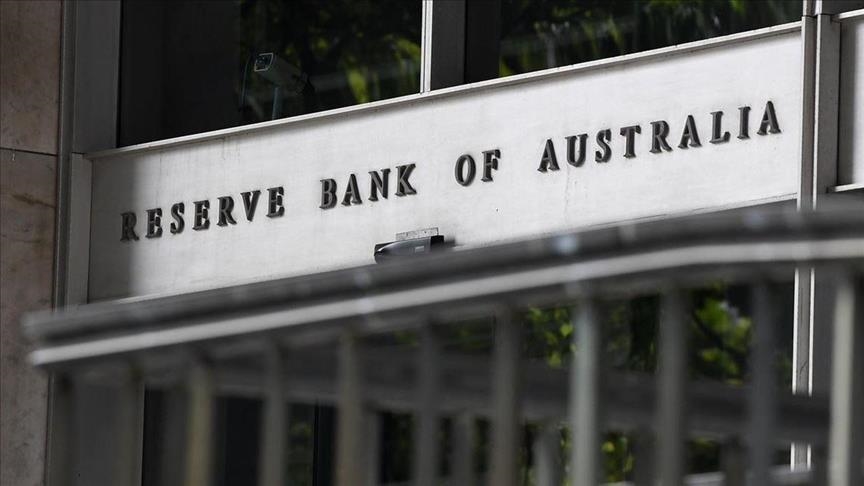Choosing instead to focus on building a wholesale CBDC, the Reserve Bank of Australia (RBA) has announced that it would not pursue a retail CBDC in the immediate future. In a Sept. 18 keynote at the Intersekt Fintech Conference, RBA Assistant Governor Brad Jones underlined the three-year central bank strategy stressing the strategic choice to give wholesale digital money and infrastructure first priority.
Jones explained that a wholesale CBDC had main benefits even though the research on a retail CBDC showed no advantages for general use in Australia. These improve transparency, reduce counterparty risk, lessen central and commercial banks’ cover minimizing expenses by means of improved liquidity.
Retail CBDCs, according to Jones, would pose challenges like increased borrowing rates, more bank run risk, and difficulties implementing monetary policy. The potential benefits for the public thus considered “moderate or uncertain”.
First of importance for the RBA is Project Acacia, which aims to look at the evolution of a wholesale CBDC and tokenized commercial bank deposit. Building on earlier research, Project Acacia will look at cross-border projects involving other regional central banks.
Apart from establishing a wholesale CBDC, the RSA plans to build advisory forums, assist in regulatory sandboxes for financial innovation, and incorporate public input on retail CBDCs. With an eye primarily on the programmability of tokens via smart contracts, the bank is also looking at the possible benefits of asset tokenization and blockchain technologies.
Interest in CBDCs is only growing as 134 nations look into their development globally. The Atlantic Council notes that 66 countries—including development, pilot, or launch phases—are in advanced stages of research.
You can also freely share your thoughts and comments about the topic in the comment section. Additionally, don’t forget to follow us on our Telegram, YouTube, and Twitter channels for the latest news and updates.


